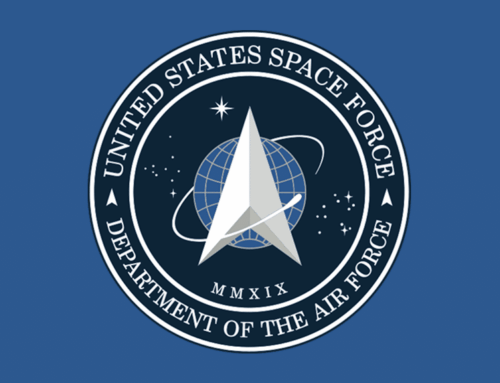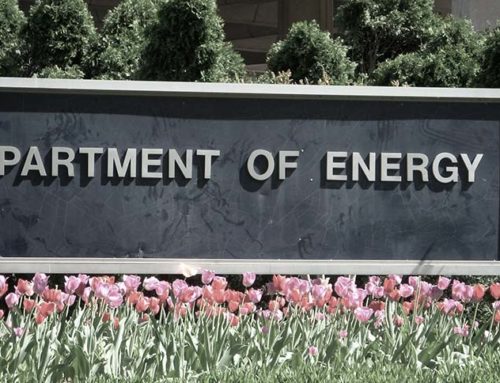The Department of Defense is trying to take the price tags off the weapons it buys. If the move is successful, neither Congress nor the public would know the total cost of B-2 bombers ($44.5 billion) or Theater High-Altitude Defense missiles ($15 billion). DOD would then be able to slide though audits without correcting its accounting system which is so bad that the agency has no idea what it did with over $22 billion.
The proposed amendment, before an obscure board that determines federal accounting standards, would allow DOD to avoid reporting the total costs of individual weapons systems on financial statements. Annual expenditures would be reported instead. Analyzing weapons systems would then be like trying to determine which car at the dealership is the best value – without knowing the price. Sure the dealer could tell you how much your annual payments would be, but figuring out the car’s total cost would be very difficult.
Although DOD claims to report weapons systems costs to Congress in other reports, this information is not reliable, according to the U.S. General Accounting Office (GAO). Therefore, accurate total cost information on many weapons systems would no longer be available to Congress, auditors, or the taxpaying public.
Further, DOD would then have an easy ride come audit time, despite their ongoing accounting difficulties. Without total costs, auditors would have far less information to scrutinize.
Yet of all agencies that need rigorous auditing, DOD tops the list. In January 1998, DOD reported it could not determine how it spent over $22 billion. In April, in the first government-wide audit, GAO reported that “no major part of DOD has been able to pass the test of an independent audit.”
DOD does not argue that reporting total weapon system costs would compromise national security. Rather, it argues that “the public interest … would be best served by reporting quantities on the stewardship report – rather than dollar values.”
Hearings on the proposed amendment will be held on June 26 before the Federal Accounting Standards Advisory Board. The public comment period closed May 15. A final decision is expected sometime after the hearing.
Bad Highway Bill Passes
With a budget-busting total cost of $217 billion, including over $9.3 billion for over 1,400 pork-barrel demonstration projects, the new transportation bill, called TEA-21, passed both the House and Senate on May 22.










